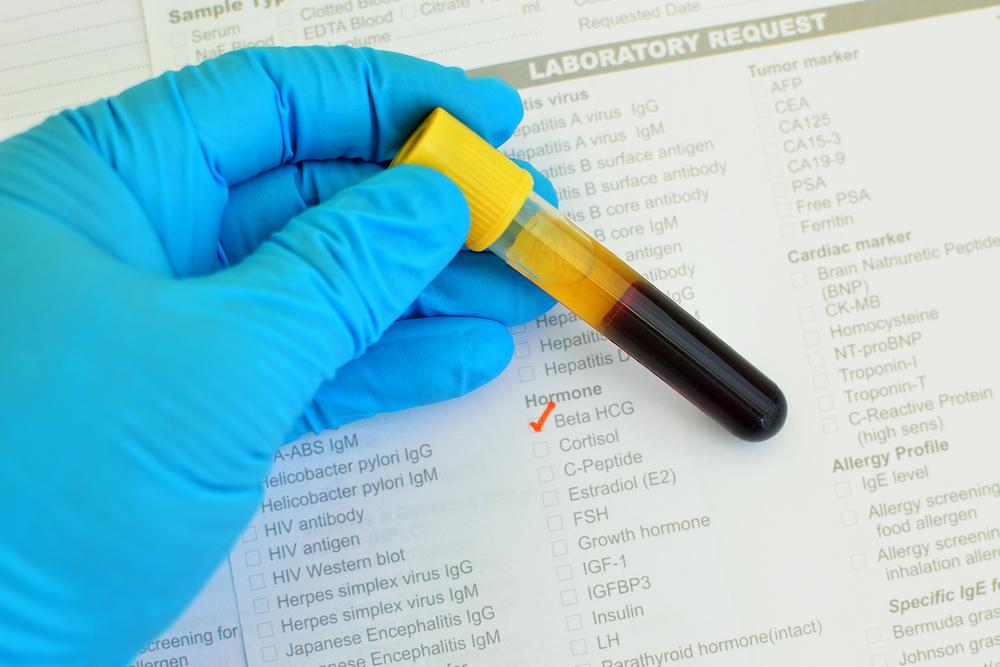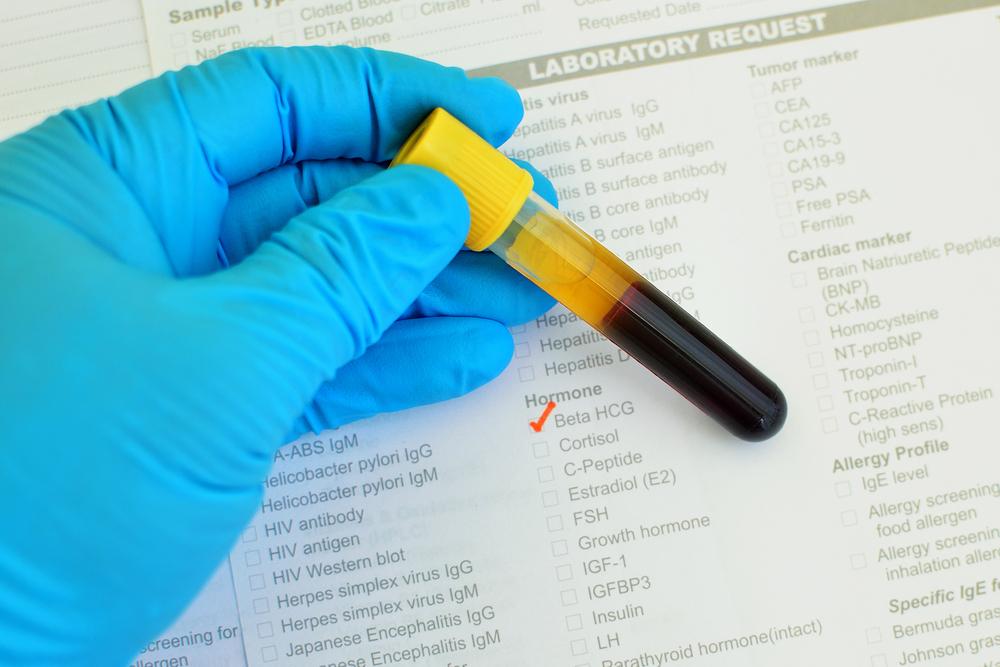Unveiling the Truth About Advances in Cancer Immunotherapy
Discover the realities of cancer immunotherapy, including its types, effectiveness, and potential risks. While heralded as a game-changer, it is still evolving and often used alongside traditional treatments. Learn what you need to know about this promising approach to cancer care.
Sponsored

Is cancer immunotherapy as groundbreaking as many claim? Here’s what you need to know beyond the hype surrounding this innovative treatment.
According to the National Cancer Institute, in 2015, nearly 1.6 million new cancer cases were identified, with approximately 600,000 deaths predicted for that year. Common cancers included breast, lung, prostate, colon, bladder, melanoma, lymphoma, thyroid, kidney, endometrial, leukemia, and pancreatic cancers. However, advancements in early detection and therapy mean that by 2024, around 19 million individuals are expected to survive a cancer diagnosis.
This progress reflects improved screening and treatment options, including cancer immunotherapy, often heralded as a revolutionary and promising approach. But what exactly is immunotherapy? Here’s the real story.
Understanding Cancer Immunotherapy
Cancer immunotherapy, also called biologic therapy, aims to enhance the body's immune defenses to combat cancer. Unlike other diseases caused by external pathogens, cancer develops from the body's own cells that become malignant. Since cancer cells are not foreign, the immune system doesn't naturally target them.
Immunotherapy drugs are designed to activate or modulate the immune system, enabling it to recognize and attack cancer cells effectively. This approach essentially re-trains the immune system to see cancer as a threat that needs elimination.
Key Types of Cancer Immunotherapy
Advances over the past decade have led to several immunotherapy strategies in clinical use, including:
Monoclonal antibodies, lab-made proteins mimicking natural immune proteins, targeting specific cancer markers effectively.
Checkpoint inhibitors, which remove immune system brakes, allowing immune cells to attack tumors.
Cancer vaccines, designed to provoke immune responses against specific tumor antigens or cells, such as tumor cell vaccines and dendritic cell vaccines.
Non-specific immunotherapies, which broadly boost immune activity to help fight cancer.
Evaluating Immunotherapy Effectiveness
Research shows that combining different immunotherapy drugs can improve outcomes. For instance, a study by Memorial Sloan Kettering used ipilimumab and nivolumab to control melanoma, with successful results exceeding 58% efficacy. Immunotherapy is particularly promising for tough-to-treat cancers like metastatic melanoma, advanced lung cancer, and certain metastases.
Potential Risks and Limitations
While considered promising, immunotherapy isn’t without challenges. The long-term impact remains under investigation, and side effects such as severe inflammation of the stomach and bowels can occur, sometimes requiring hospitalization.
Currently, immunotherapy is often used alongside surgery, chemotherapy, or radiotherapy for best results. Although it shows great promise, conventional methods remain primary treatments, with immunotherapy as an increasingly valuable complementary approach.






